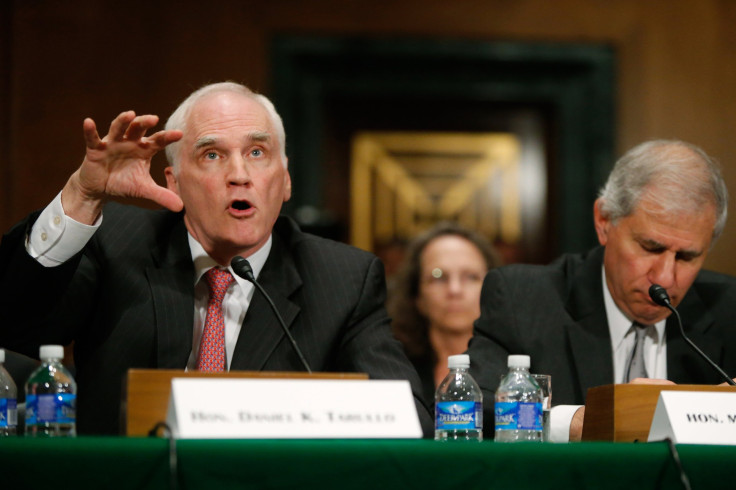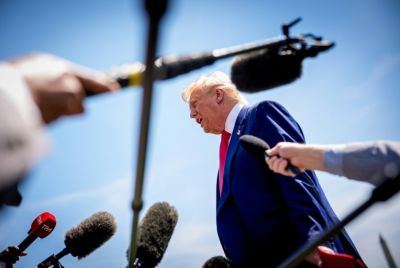Goldman Sachs And Morgan Stanley Commodities Trading Alarms Fed Governor

At a U.S. Senate committee hearing Thursday, Federal Reserve Board member Daniel Tarullo singled out Morgan Stanley and Goldman Sachs over continued trading in commodities markets, suggesting that the Dodd-Frank Act could be bolstered to limit the banks' activities in these markets.
In response to questions from Sen. Elizabeth Warren, D-Mass., as to how Dodd-Frank could be strengthened, Tarullo raised concerns that “those two firms are by statute allowed to engage in the extraction and transportation of highly combustible materials with substantial risks associated with them.” (The Dodd-Frank Act, signed into law by President Barack Obama in 2010, enhanced federal regulations on the U.S. financial system in response to the 2007-09 recession.)
In some of the most pointed testimony he has made on the issue yet, Tarullo suggested that Congress should revisit the loopholes that allow Goldman and Morgan Stanley to trade in physical commodities. The Fed initiated a public comments period in early 2014 regarding bank involvement in commodities, and in November Tarullo indicated that the Fed would release a formal notice of rulemaking in the first quarter of this year.
Wall Street’s entanglements in commodities like coal, oil and gold have sparked controversy since 2013. A two-year Senate investigation released last year concluded that the two banks, along with JPMorgan, had cornered significant-enough portions of commodities markets to affect prices and introduce “catastrophic risks” to the banking system.
Goldman, for example, came under heavy criticism in 2013 for its involvement in the aluminum trade. In 2010, the bank purchased a major Detroit aluminum storage facility, even as other arms of the firm traded aluminum-related securities and derivatives. Goldman and other banks allegedly profited from artificial supply constraints and manufacturers sued, contending that rising prices harmed their businesses.
The Senate report did not find direct evidence of insider trading, though it raised questions around confidential information flowing from the warehouse to Goldman trading employees.
In the hearings surrounding the Senate report, JPMorgan and Morgan Stanley made overtures to reduce their footprints in commodities markets. Goldman has stood firm in commodities, though it sold its aluminum warehouse subsidiary in December.
Most major banks are barred from dealing in products like zinc and copper. An exemption written into Clinton-era banking legislation, however, allowed firms that became so-called bank holding companies after 1999 to continue operating their existing commodities desks. Goldman Sachs and Morgan Stanley, which first became bank holding companies during the 2007-09 financial crisis, were grandfathered in under the clause.
In his comments Thursday, Tarullo said, “It would be very much worth considering treating those two firms the way we treat all other bank holding companies.”
© Copyright IBTimes 2024. All rights reserved.





















